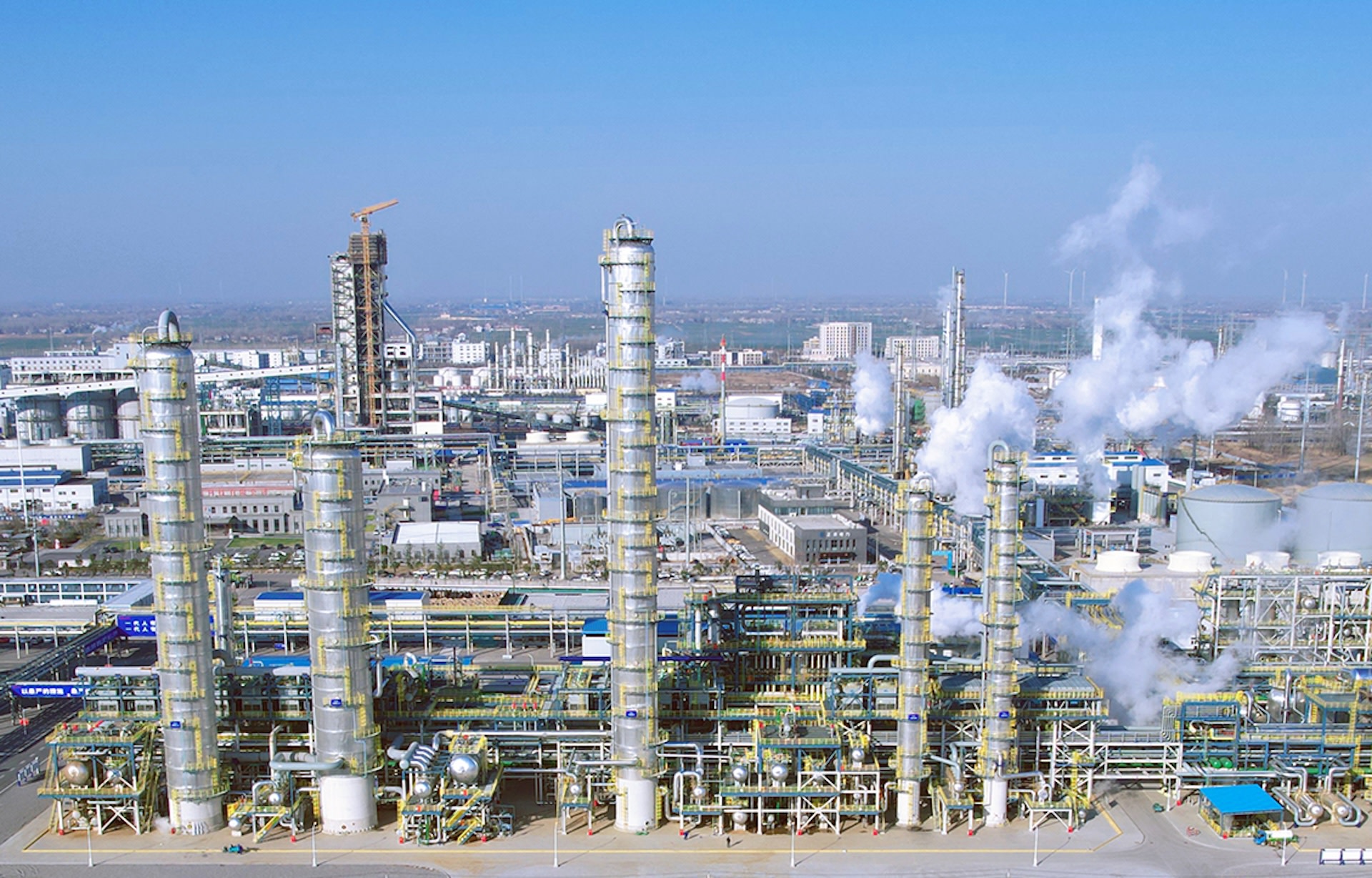China recently became the first country in the world to begin converting coal to ethanol on an industrial scale, Interesting Engineering reported. This is welcome news as China — the world's top producer and consumer of coal — looks to move toward using cleaner energy, with the goal of meeting 80% of its energy demand with clean energy by 2060.
The Dalian Institute of Chemical Physics in China developed DMTE technology after researching ways to produce ethanol using methods that don't include crops beginning in 2010, the South China Morning Post reported. This method generates methanol from coke oven gas, which is formed by heating coal to over 2,000 degrees Fahrenheit, according to the news outlet. The coke oven gas is then made to react with other materials to make ethanol.
This move by China was made for multiple reasons, mainly the high demand for ethanol and the rising price of grains in the country.
Last year, China produced only 2.7 million metric tons (close to 3 million tons) of ethanol using aged grains, well short of the annual demand of more than 10 million metric tons (about 11 million tons), according to the SCMP. The country was forced to import the rest.
A DICP report cited by the SCMP stated China had 13 industrial facilities that plan to use the DMTE technology to produce ethanol, which will have a combined production capacity of 3.95 metric tons (about 4.35 million tons) per year. That is also well short of the annual demand but a step in the right direction.
The move will have an all-around positive impact. For one, millions of tons of grains every year that would otherwise be used to produce ethanol can now be used to feed the country's massive populace. On top of that, China will use a dirty source of energy to produce a cleaner fuel source.
The technology is still in a trial phase, but if successful, it could mean big things in China's move toward clean energy. As the SCMP reported, the same approach can be used to produce ethanol using natural gas or gas released from steel plants.
"The new production route is vital for China's food security, energy security and the chemical industry supply chain," the DICP said in a statement on its website, per the SCMP.
Join our free newsletter for weekly updates on the coolest innovations improving our lives and saving our planet.









